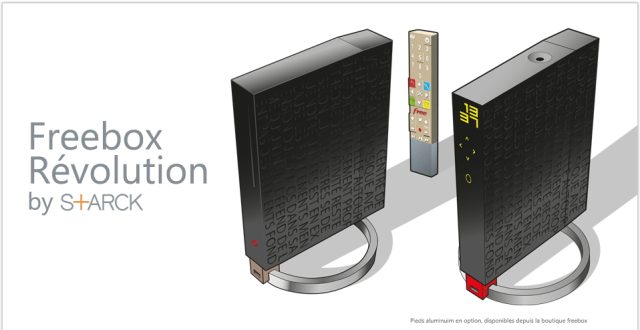
After turning on an ISP-level ad blocking option by default—and after meeting Monday with French government officials—France’s second-largest ISP decided to temporarily suspend its controversial move for “two to three weeks” (Google Translate) until it’s able to reach a revenue agreement with Google.
Last week, Free quietly released a new update to its router (known as a Freebox) firmware, which installed an ad blocking feature. While many users use ad blocking on their own browsers or computers, this marked the first time any major ISP, anywhere, installed ad blocking at the ISP level.
Free has still not responded to Ars' repeated requests for comment. Google also did not immediately respond.
The move was quickly dubbed “AdGate” by the French media, and it appears to have stemmed from a revenue dispute between Free and Google. In France, like in many places, ISPs have been getting upset with the search giant driving large amounts of traffic (most notably, YouTube) over their networks.
As we reported in June 2012, this is a battle that may sound familiar. In fact, it’s an argument that SBC (now AT&T) tried to make eight years ago. It’s an argument Verizon made in 2006. It’s an argument that European carriers tried to make against Apple and Google in 2010. It’s an argument that was repeated Stateside in 2011. More recently, it’s an argument Dutch ISP KPN tried to make in 2011 in the Netherlands—only to be later met with Europe’s first net neutrality law. In short, we wholeheartedly disagree with this entire line of reasoning.
What's good enough for Orange...
Still, last year, France’s largest ISP, Orange (the brand name of France Telecom), managed to strike a deal (Google Translate) with Google that required Mountain View to compensate Orange for some of the traffic it was sending. For months now, Free has tried to put pressure on Google to get a similar deal by throttling YouTube traffic for Free users.
When that didn’t work, Free then implemented its ad block last week—which affected, according to BFM Business (Google Translate), all of Google’s ad servers. This halted ads alongside search, Gmail, and YouTube.
As a result, French online media groups were definitely not happy and the French government quickly got involved. The telecom regulatory agency, known as ARCEP, sent a letter to Free last week.
On Monday, France’s digital economy minister, Fleur Pellerin, held meetings with the heads of France’s ad agencies and online publishers to discuss the block. Pellerin also met one-on-one (Google Translate) with Maxime Lombardini, director-general of Illiad, Free’s parent company. In an interview with the French newspaper La Tribune, Pellerin demurred (Google Translate) on the underlying issue.
“Today there are real questions about the distribution of value among content providers, notably video—which consume a lot of bandwidth—and operators,” she said. “In the United States, paid confidential agreements have been signed with some operators. In France and in Europe, we must find ways of integrating more consensual [agreements] between Internet giants [with] national ecosystems. Free’s initiative clearly highlights the immediate importance of this issue.”
reader comments
69